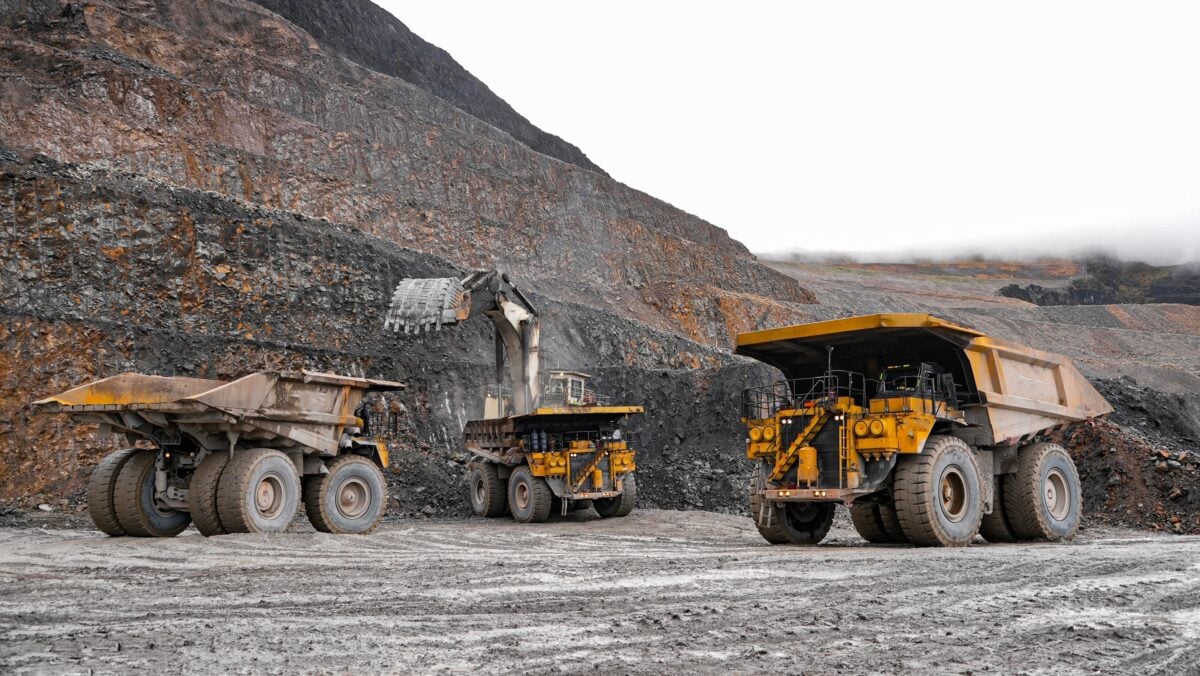TLDRs:
- The global demand for rare earths used in robotics and AI systems is soaring, pushing up the value of junior miners.
- Harvest Minerals stock surged 60% after revealing strong rare earth concentrations from its Arapuá project in Brazil.
- China’s grip on the global rare earth supply chain is driving Western nations to seek alternative sources like Harvest.
- The robotics and automation boom is fundamentally reshaping investment flows toward critical mineral exploration.
Harvest Minerals Ltd. has seen its stock leap by over 60% in the past month, bolstered by rising investor interest in rare earth elements amid a global push for artificial intelligence and industrial automation.
The dramatic rally follows a new round of promising assay results from the company’s Arapuá project in Brazil and growing market concern over rare earth supply chains currently dominated by China.

AI boom intensifies hunt for critical minerals
The rapid growth of automation and robotics is ushering in an industrial overhaul that is heavily dependent on critical raw materials like neodymium and dysprosium. These rare earth elements are crucial components in high-performance electric motors used across robotics, electric vehicles and next-generation electronics. With global industrial robot deployment expected to double by 2030, according to UBS forecasts, miners with early access to these resources are becoming increasingly attractive to investors.
Harvest Minerals, listed on the AIM exchange, has recently stepped into the spotlight. The company reported that 36 historical core samples from its Brazilian site contained total rare earth oxide concentrations ranging from 2,110 to 2,657 parts per million. Additionally, high levels of titanium dioxide , reaching up to 15.42% , suggest significant mineralisation in a formation known as “Bone”. Following these discoveries, Harvest confirmed it would ramp up exploration and drilling efforts.
Supply chain anxiety benefits junior miners
The excitement around Harvest is set against a tense geopolitical backdrop. China still accounts for approximately 90% of the global refined rare earth supply and 70% of U.S. imports, placing Western countries in a vulnerable position as the global tech arms race heats up.
In a bid to avoid a looming materials bottleneck, major economies are turning their attention to alternative suppliers. Last week, former U.S. President Donald Trump announced a tentative deal with China involving a fresh flow of rare earth magnets and materials in exchange for the re-admittance of Chinese students into U.S. universities. While the arrangement seeks to restore supply lines, it has not resolved long-term structural imbalances. The dependence on China remains a sore point for industries ranging from electric vehicles to defense.

With political risk and global tensions mounting, companies like Harvest are increasingly seen as vital players in securing diversified and stable supply chains. This strategic appeal is helping fuel interest in smaller, under-the-radar mining firms previously overlooked by the broader market.
Momentum builds despite broader market stagnation
While the AIM All-Share index remained flat this week amid Middle East tensions, Harvest defied gravity. The company’s sharp upward movement came even as peers like Rainbow Rare Earths and Altona Rare Earths posted slower advances. Analysts suggest that investors are beginning to differentiate between speculative juniors and those demonstrating real-world traction and resource viability.
Harvest’s Brazilian project, in particular, offers not just promising geochemical data, but also logistical advantages due to Brazil’s mining infrastructure and supportive regulatory environment. With drilling set to accelerate and market dynamics rapidly evolving, the stock’s breakout may signal a longer-term revaluation.








